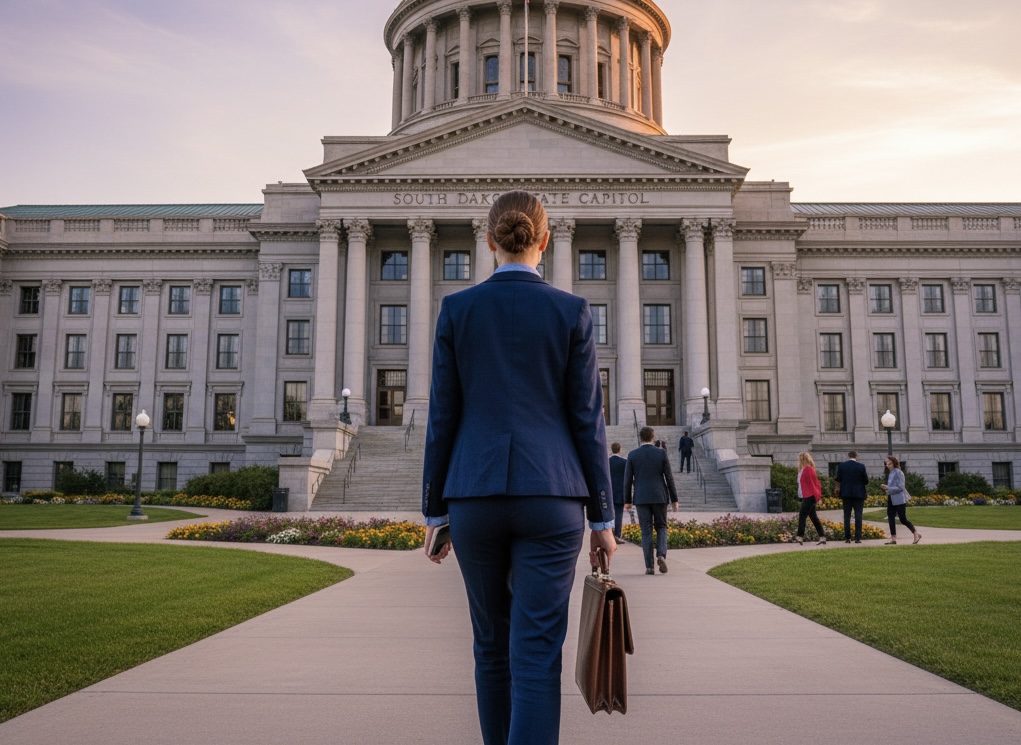A new bipartisan bill introduced in the US Senate would require social media platforms to automatically filter content that minors are exposed to by default rather than having to manually change the settings on the app. It also provides outlets for parents to have more involvement in the content their children are exposed to and requires accountability and transparency from the platforms.
Senators Marsha Blackburn and Richard Blumenthal introduced the Kids Online Safety Act on May 2. The text of bill includes the following provisions:
- Requires that social media platforms provide minors with options to protect their information, disable addictive product features, and opt out of algorithmic recommendations. Platforms would be required to enable the strongest settings by default.
- Gives parents new controls to help support their children and identify harmful behaviors, and provides parents and children with a dedicated channel to report harms to kids to the platform.
- Creates a responsibility for social media platforms to prevent and mitigate harms to minors, such as promotion of suicide, eating disorders, substance abuse, sexual exploitation, and unlawful products for minors (e.g. gambling and alcohol).
- Requires social media platforms to perform an annual independent audit that assesses the risks to minors, their compliance with this legislation, and whether the platform is taking meaningful steps to prevent those harms.
It is refreshing to see a bipartisan effort with a straightforward and universal goal: protecting young minds and reenforcing parental rights. We need more legislation of this nature on a national level to ensure our children are protected online, in the classroom, and in the community.
Not only does the bill target the potentially unsafe content children can access on social media, it also requires the companies to revamp their algorithms which are designed to be addictive. Blackburn explained that these platforms view our children as the product – their personal data is being collected and sold, and they are being marketed to constantly. The longer they spend on the platform, the more profitable it is for the company. Thus, apps like Instagram and TikTok have developed systems to hook users, much like a drug, due to the parts of the brain it stimulates. Children and teenagers are especially susceptible to the addictive nature of social media because of their brain development stage.
“Over the last two years, Senator Blumenthal and I have met with countless parents, psychologists, and pediatricians who are all in agreement that children are suffering at the hands of online platforms,” Senator Blackburn said. “Big Tech has proven to be incapable of appropriately protecting our children, and it’s time for Congress to step in. The bipartisan Kids Online Safety Act not only requires social media companies to make their platforms safer by default, but it provides parents with the tools they need to protect their children online.”
This bill is one among many being introduced with the goal of protecting young minds. Several states have proposed legislation to enact age restrictions on explicit websites. In response to a Utah bill that was signed into law, Pornhub – one of the world’s largest providers of pornography – has blocked access to all residents of the state. Louisiana and Virginia have also enacted similar laws that require adult content websites to verify a user’s age before access to the website is granted.
One bill introduced in South Dakota during the 2023 legislative session would have protected minors from pornographic content, but it unfortunately failed to pass.
We remain hopeful that more bills of this nature will be proposed in the state legislature with greater success, and that the Kids Online Safety Act will seamlessly pass through Congress and take effect in our state. Continue to pray that our legislators will remain vigilant in their efforts to protect children and enshrine parental rights into the law.






